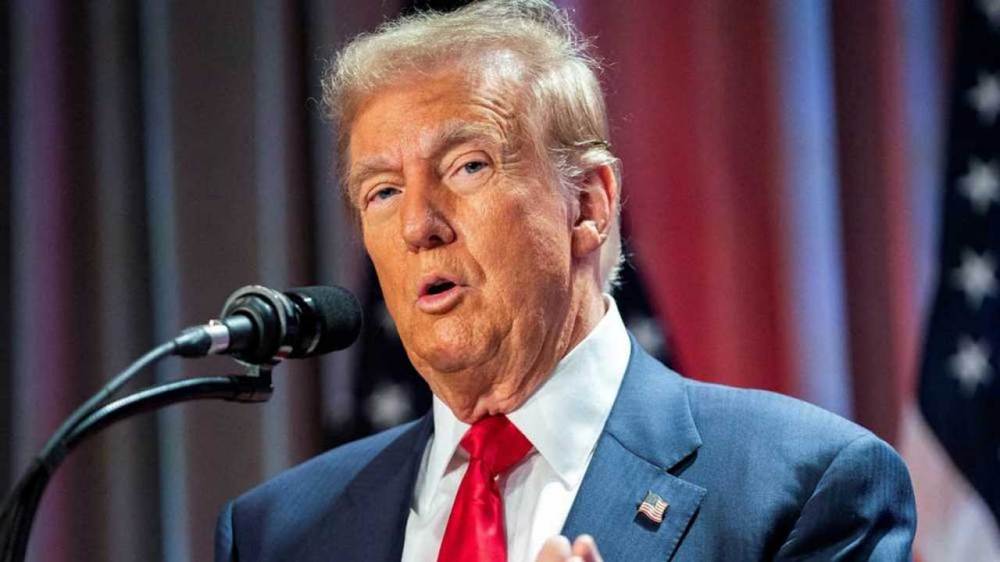US President Donald Trump has imposed a mutual tariff of only 27 percent on India, while in Asia, India’s counterparts have been imposed high tariffs.
Experts say that this is likely to increase foreign investment flows in India, especially the flow of foreign portfolio investors (FPIs) in equity. The main competitors of India in Asia include China, Vietnam, Thailand and Bangladesh. Compared to 27 percent tariffs on India, the US has imposed 34 percent on China, 46 percent on Vietnam, 37 percent on Bangladesh and 36 percent on Thailand. According to experts, since the fees on India are lower than in other Asian countries, it is in a position to give competitive price to local manufacturing companies in exports. Therefore, it is natural that as the competition increases, their profit will increase as well as their exports. This can attract foreign investment in such companies and as a result, FPIs can invest more in equity of companies working in major areas such as auto, textiles and minerals, which are important for India’s exports. Bangladesh leads to competing with India in the textile sector. Since the neighboring country of India has been facing instability for some time, the customers of the foreign market are turning to India. Now, when the United States is levying 37 percent of this country, while India is levying 27 percent fees, Bangladesh’s textile exports to the US may be more expensive than India.
The Post Business: Foreign investment in the Indian stock market increased after mutual tariff with Asian competitors first appeared on News India Live | Breaking India News, The Indian Headline, India Express News, Fast India News.
